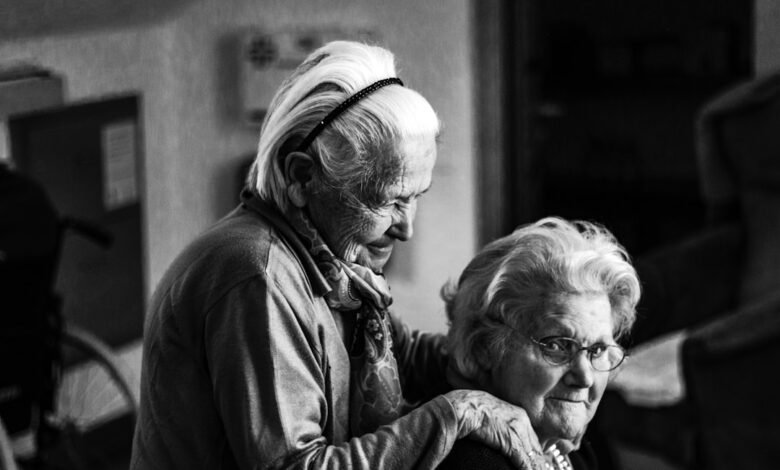Managing Transitions: Tips for Preparing To Move an Elderly Family Member Into Your Home

Bringing an elderly family member into your home can be a challenging and emotional decision. Not only does it involve physical and logistical adjustments, but it also requires careful planning to ensure their comfort, safety, and well-being. This transition can be an opportunity to strengthen family bonds, but it requires thoughtfulness and sensitivity. Below, we will explore key considerations to help ease the process for everyone involved.
Planning for Safety, Comfortable, and Accessibility in Your Home
When preparing your home for an elderly family member, safety should be your top priority. The home may need to be adapted to accommodate mobility challenges, like installing grab bars in the bathroom or removing tripping hazards in hallways. Ensuring the living space is easy to navigate will allow your family members to feel independent and secure in their new environment.
Comfort is equally important in making this transition smooth. This includes creating a space that is physically safe and emotionally supportive. Soft lighting, comfortable furniture, and familiar items from their previous home can help your loved one feel more at ease and reduce the feeling of displacement.
Accessibility is the third key element to consider when reconfiguring your home. Wide doorways, lower shelves, and an easily accessible kitchen can all make daily tasks simpler for your elderly family member. In addition, it’s a good idea to contact professionals, such as Air-Master Heating & Air Conditioning Bedford, IN, to ensure your home’s heating and cooling systems are adequate for their needs, particularly if they have specific health conditions.
Once the basic modifications are made, the next step is ensuring that everyday activities are as easy as possible. Whether placing a chair by the front door for easy shoe removal or creating a comfortable reading nook, attention to the little details can greatly improve their experience. Simple, thoughtful changes can make a big difference in how comfortable they feel in their new home.
Coordinating the Move: Logistics and Support Systems

Moving an elderly family member requires careful planning and organization. Before the move, evaluate how to transport their belongings to minimize stress. Hiring professional movers or enlisting family and friends to assist with heavy lifting may be helpful in ensuring everything is safely relocated.
Next, coordinate the logistics of the move by arranging for necessary medical equipment or supplies. If your loved one relies on certain medical devices, ensure they are ready to be set up in their new living space. You may also need to arrange transportation options, such as an “Uber for seniors” service, for doctor’s appointments, or other outings, ensuring they can maintain independence while moving around the community.
Establishing a support system is essential in ensuring a smooth transition. This includes arranging for regular visits from healthcare providers, like physical therapists or home health aides, if needed. It’s also important to reach out to family members or friends who can help with emotional and social support, especially during the adjustment period.
Finally, remember that patience and open communication are key throughout this process. Moving is stressful, and there may be challenges along the way. Keeping lines of communication open ensures your loved one and your family are supported throughout the transition.
Understanding the Emotional and Physical Needs of an Elderly Loved One
Moving an elderly family member into your home can be an emotional journey for both of you. Many elderly individuals may experience feelings of loss or sadness as they leave their familiar homes and surroundings. Understanding these emotions can help you provide comfort and reassurance during this difficult time.
Your loved one may have specific physical needs that require attention. Mobility issues, chronic health conditions, or medications can all affect their day-to-day life. Be proactive in coordinating any necessary medical support, from doctor’s appointments to prescription refills, to ensure their health is well-managed as they adjust to their new living situation.
Respecting their sense of autonomy and independence is important on an emotional level. While it’s necessary to provide support, it’s equally important to allow your loved one to make decisions about their daily routine and environment. This helps preserve their dignity and can foster a sense of control during a time of major change.
Altogether, preparing your home and coordinating the move for an elderly family member requires careful attention to both physical and emotional needs. By planning thoughtfully and communicating openly, you can create a supportive environment that makes this transition as smooth and comfortable as possible for everyone involved.



